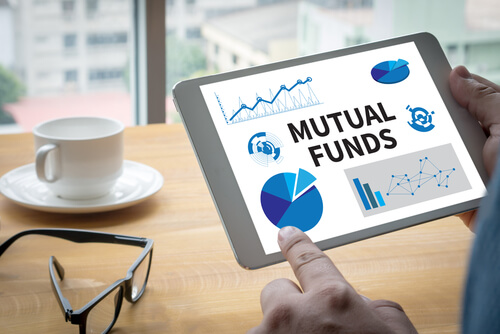
WEALTH PATH
What you should know when investing in mutual funds
A mutual fund is just a collection of investments, often stocks. But it can include other things such as bonds, precious metals, foreign currency, real estate, and other investments. Investors buy mutual funds to help remove the risk of holding single securities. Anything can happen to a single stock or bond. There is less likely to be a problem when a basket of them are owned.
Mutual funds vary in terms of how they’re managed, some funds are directly managed by teams of people, while other funds are operated by minimal people either using very simple rules for buying and selling or by using computer algorithms.
Mutual funds are sold directly by the companies that operate them. If you sign up for an account with the investment firm that manages the specific mutual fund that you’re interested in, you can usually buy and sell shares in that mutual fund without any fees at all.
Mutual funds often come with fees which are usually expressed as an “expense ratio,” which tells you how much of the value of the fund is burned up each year to employ the people running the fund
There are a few important things to consider when investing in mutual funds:
- If you’re investing just for your own enjoyment, make sure you have your finances in good shape first and know what your goal is when it comes to investing. If your goal is essentially retirement, use retirement accounts if possible.
- One common strategy to reduce risk when investing in stocks is to invest in a lot of different companies at once. If you buy stock in 20 different companies in twenty different markets, you’re going to reduce your risk of losing all of your money, as 20 companies failing simultaneously is a pretty unlikely event.
- An important question for any investor is to understand whether there is continuity and stability in fund management. You can see how long the portfolio manager has been in that job by looking at the fund prospectus.
- While looking at a mutual fund performance, do not be led by the fund's return in isolation. Compare the scheme's return as against its benchmark return. A scheme not being able to beat its benchmark on a consistent basis need not be in one's portfolio.
- Start saving early - You could save more efficiently to capitalize on investment returns. You can for example automate your investments from your bank account to your portfolio account.
When investing, you need to understand, that it is very important to continue being disciplined and that investments should always be linked to your financial goals. You can learn more about the importance of investments here.



.jpg)
.jpg)
.jpg)